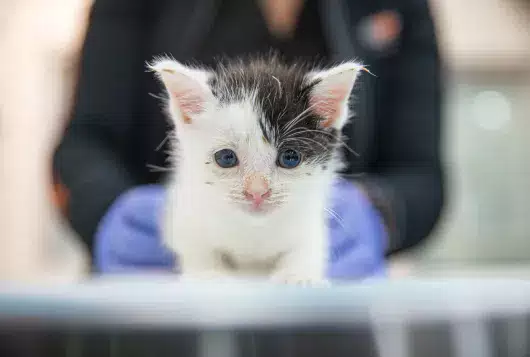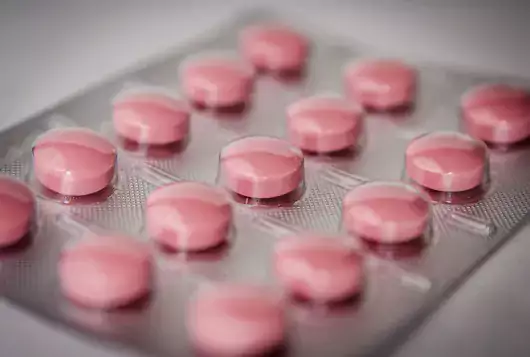Top 5 Tips About Kidney Killers in Cats and Dogs

Between NSAIDS (non-steroidal anti-inflammatory drugs), rodenticides, vitamins, lilies and grapes, there are multiple different toxins that can affect the kidneys.
In an ASPCA Animal Poison Control Center RACE-approved webinar, Dr. Michelle Carlino talked about the most common kidney toxins and how to treat them. In case you missed it, we've outlined five crucial points from that lecture:
- Obtain a good history. Often owners will use brand names of different kinds of over-the-counter pain killers interchangeably (Tylenol, aspirin, Aleve, ibuprofen, etc.) When dealing with an exposure to an OTC pain medication, it is very important to verify the active ingredient and strength, since doses requiring treatment are different. In your patient history, find out of they are currently on any steroids or other NSAIDs, as this can turn a non-significant NSAID ingestion into a significant one.
- Use caution with activated charcoal. With some NSAIDs, especially ibuprofen, central nervous system signs can be seen. It is very important to make sure that the patient is mentally stable before administering activated charcoal. Activated charcoal can also interfere with the reliability of some ethylene glycol tests and increase serum osmolality; therefore you will want to pull a blood sample for testing prior to giving activated charcoal. Lastly, when giving activated charcoal, particularly multiple doses, make sure to watch for hypernatremia.
- Cholecalciferol rodenticides are now more common. Cholecalciferol (Vitamin D) rodenticides have been around for a while but were not very common. However, some companies are moving away from anticoagulants as the active ingredient and instead using cholecalciferol. Make sure to verify the active ingredient in a rodenticide exposure, particularly if the only information is the brand name, since it may not be what you thought.
- Grapes, raisins and lilies are still a mystery. Unfortunately, the toxic principle for both these substances still eludes us. With lilies (Lilium and Hemerocallis sp) we know exposure to any parts of the plant can result in acute renal injury in cats, therefore even minimal exposure warrants aggressive treatment.
- When in doubt, treat. It is better to be more aggressive with care than to wait and see if signs will develop. Once signs develop, the prognosis often goes down significantly, especially with lilies and ethylene glycol.
We have lots more on this subject:
Topics:
Toxicology & Poison Control
Type:
Tips




